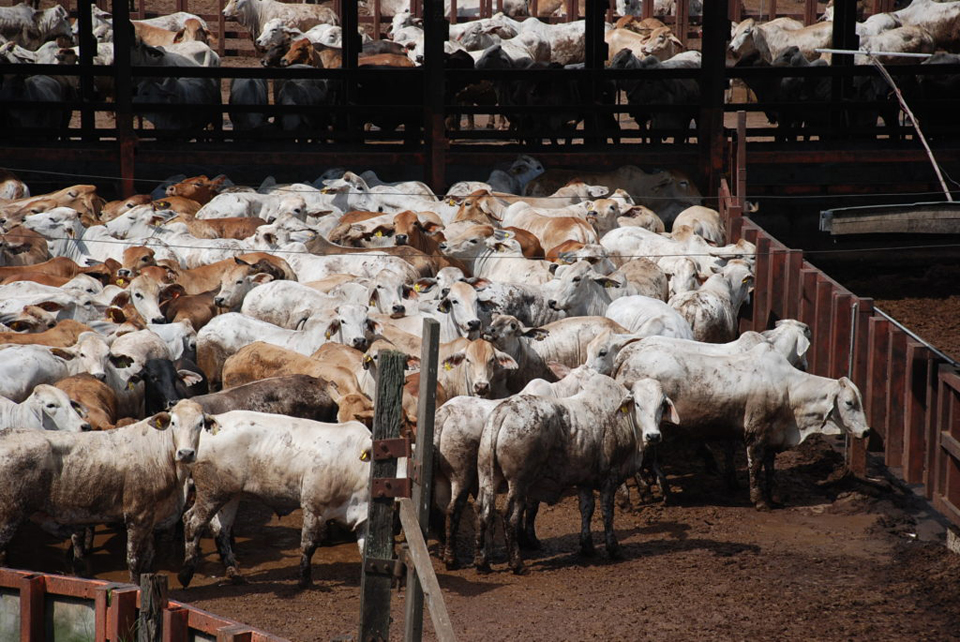
The Department of Agriculture (DA) seeks to include in its 2018 budget the procurement of Australian live cattle, a move that Agriculture Secretary Emmanuel F. Piñol said would boost the livestock industry in the country.
He discussed the possible importation beginning next year with Australian Ambassador to the Philippines Amanda Gorely, who called on him at his Quezon City office last week.
Using the imported cattle as surrogates for embryos, which are likely to be procured from Argentina, the DA intends to establish dairy municipal multiplier farms in the Cordillera region and Bukidnon, where the climate is cold. Technicians will be provided to the farms to ensure proper care of the cattle.
Ambassador Gorely expressed Australia’s intention to continue exporting wheat, sharks fin and potentially, live bees to the country.
Gorely added that she is looking forward to sending off, together with the Secretary, a container of Philippine mangoes sourced from all over the country. The Australian government approved last October the export of Philippine mangoes except those grown in Palawan.
Piñol said he is looking into a possible market for live bees, which he emphasized are helpful in pollination.
Gorely also discussed the seven ongoing projects of the Australian Centre for International Agricultural Research (ACIAR) with DA agencies, which are focused on supporting the production of trees and fruits, and soil management for vegetables in the country.
The Secretary expressed interest in replicating the success of sea cucumber production in Mindanao as he learned of ACIAR’s sea cucumber project in IIolilo.
Shifting their discussion to climate change, Piñol said that, “All of us should really prepare for climate change.”
The DA recently launched the first solar-powered irrigation in the country, he told his visitor, and that he has recommended to the President the establishment of a six-month rice buffer stock. (Kristel Merle, DA-AFID)













